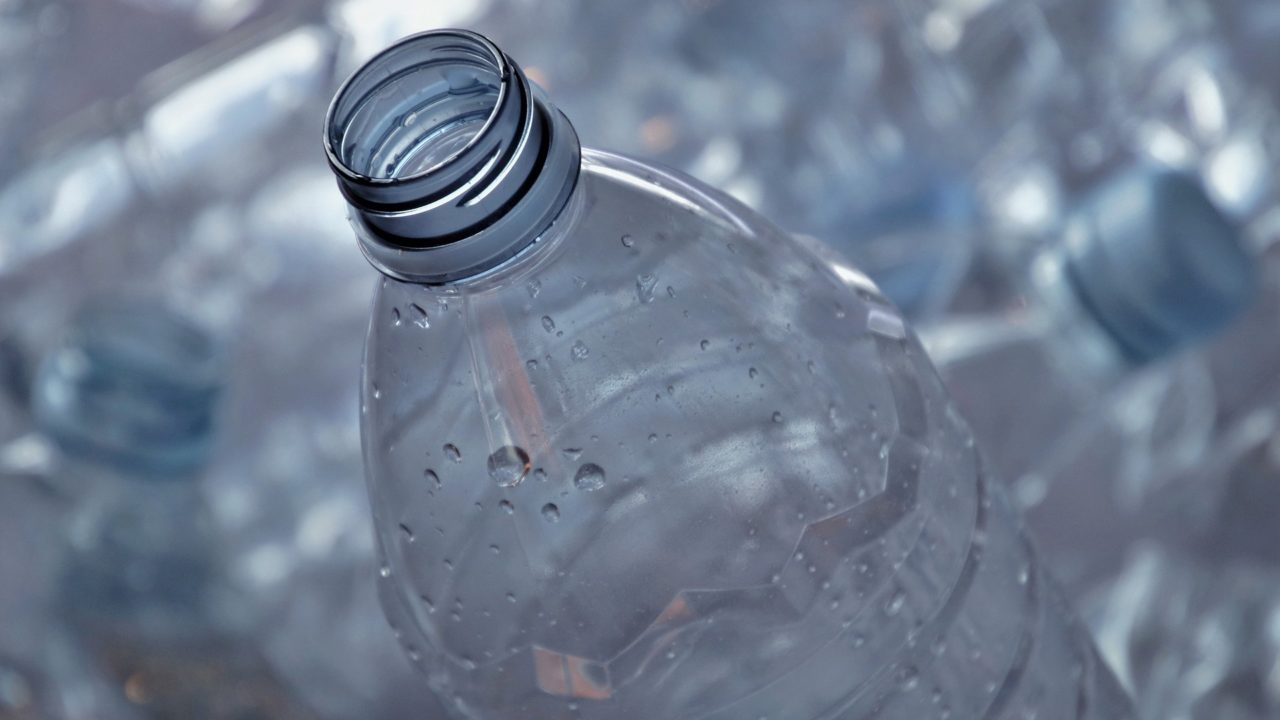New data from the Environmental Protection Agency (EPA) highlights the need for Ireland “to implement measures at policy, industry and individual level” to halt the rise in packaging waste.
The EPA has today (Friday, September 10) published its latest figures, indicating that Ireland generated 1.1 million tonnes of packaging waste in 2019, up 11% on 2018.
This is the third year in a row that packaging waste in Ireland has exceeded one million tonnes.
Most of this consisted of plastic and paper/cardboard, with smaller amounts of glass, wood and metal packaging. Almost all plastic and paper/cardboard, and most metal packaging waste, was sent abroad for recycling.
Meeting EU targets
The data shows that while Ireland continued to meet all current EU targets and achieved high recycling rates in some packaging material streams, in particular glass, paper/cardboard and wood, negative trends continue in other areas.
Less than a third of Ireland’s plastic packaging waste was recycled in 2019, while the share of plastic packaging that Ireland incinerates has grown year-on-year and now stands at 69%.
The data indicates the increase in plastic packaging recycled is offset by an even greater increase in the amounts of packaging waste being generated and incinerated and, as a result, Ireland’s recycling rates have shown a generally declining trend since 2013.
Commenting on the figures, Sharon Finegan, director of the EPA’s Office of Environmental Sustainability, said:
“The latest data highlights the need for Ireland to implement measures at policy, industry and individual level to halt the rise in packaging waste. Businesses need to place less packaging on the market.
“We need to rethink how we make, transport and use products and move to a system where unnecessary packaging is avoided and any remaining packaging is designed either for re-use or recycling.
“Policy commitments to support this shift such as those outlined in Ireland’s Waste Action Plan for a Circular Economy need to be implemented without delay.”
The data also shows opportunities for improvement as many readily recyclable plastic items, such as drinks bottles, are still being put in the general waste bin and then end up being incinerated instead of recycled.
